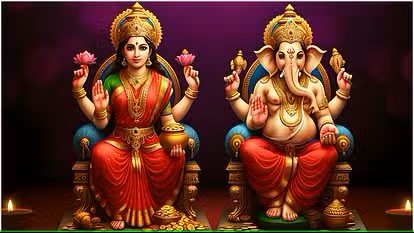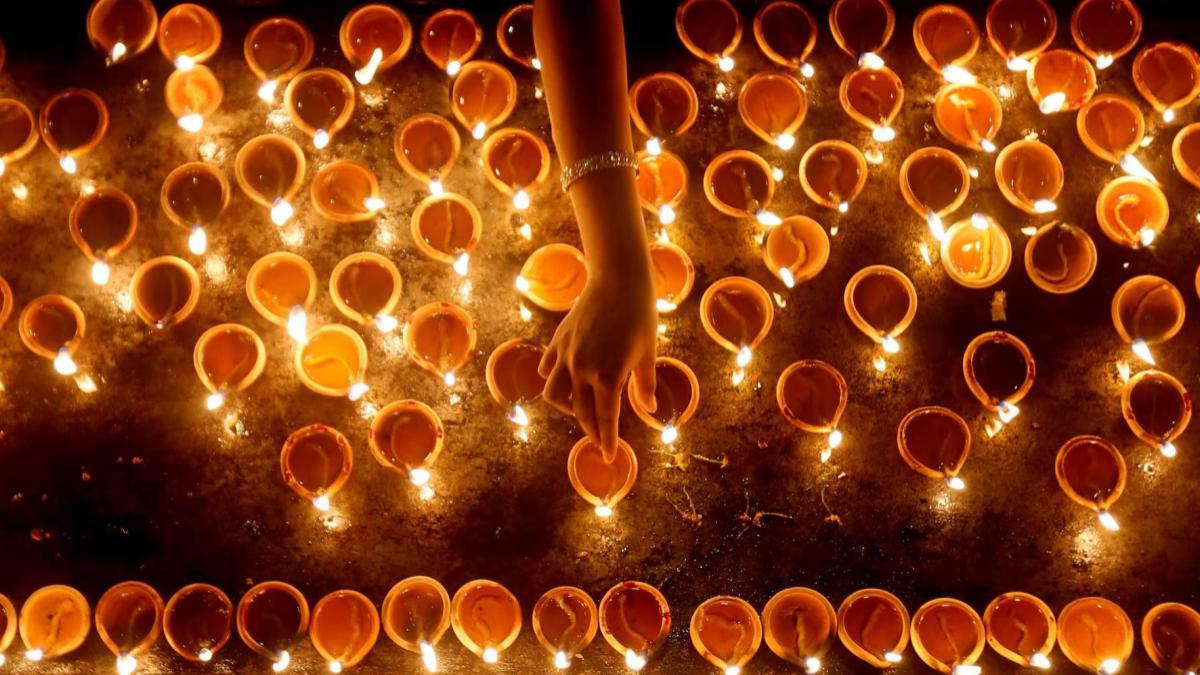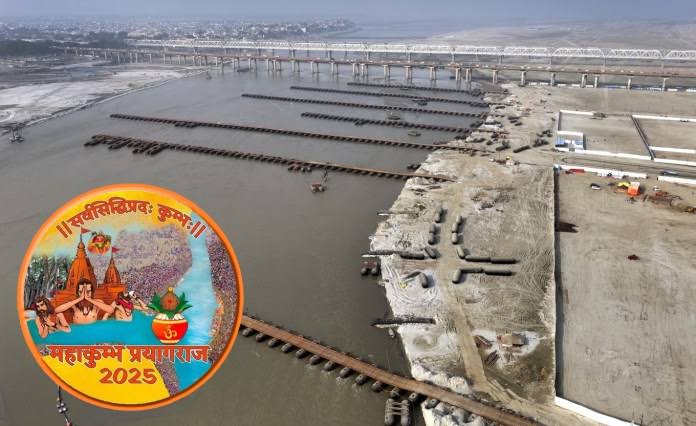Diwali, also known as the “Festival of Lights,” is one of India’s most cherished celebrations, marking the triumph of light over darkness and good over evil. In this overview, we explore Diwali’s significance, traditions, and the captivating legends that have shaped it into a cultural symbol for millions.
 The Significance of Diwali
The Significance of Diwali
- Victory of Light and Goodness: Diwali embodies the victory of light over darkness. It follows Dussehra, commemorating Lord Rama’s victory over the demon king Ravana and his joyous return to Ayodhya with his wife Sita.
- Cultural and Religious Tradition: Diwali holds deep cultural and spiritual importance in Indian tradition. People decorate their homes with lights and rangoli, light lamps (diyas), and spend time with family, symbolizing renewal and joy.
- Unity and Social Harmony: Diwali fosters unity across communities. It’s a time for people to come together in celebration, strengthening bonds and social harmony.
Diwali Traditions
- Home Cleaning and Decoration: The days leading up to Diwali are dedicated to cleaning and beautifying homes, which symbolizes a fresh start and invites positive energy.
- Lighting Diyas: Lighting oil lamps is central to the festival, symbolizing the victory of goodness over evil and creating a warm, welcoming atmosphere.
- Worshiping Goddess Lakshmi and Lord Ganesha: On Diwali night, people perform special prayers to Lakshmi, the goddess of wealth, and Ganesha, the god of prosperity, seeking blessings for happiness and abundance.
The Mythological Roots of Diwali
Diwali’s roots lie in Indian mythology. When Lord Rama returned to Ayodhya after a 14-year exile and his victory over Ravana, the citizens illuminated the city with oil lamps to celebrate. This practice evolved into Diwali as we know it today. In South India, the festival is linked to Lord Krishna’s defeat of the demon Narakasura, while others celebrate Diwali as the day marking Lakshmi and Vishnu’s celestial wedding.
Why Worship Lakshmi on Diwali?
Lakshmi is revered as the goddess of wealth, and Diwali is considered a prime occasion to seek her blessings for prosperity. Worshiping her on this auspicious night symbolizes the desire for happiness and financial success.
Diwali’s Message
Diwali conveys messages of resilience, kindness, and respect for others. It reminds us to bring light into others’ lives and to practice compassion and goodwill. Above all, the festival symbolizes that good will ultimately prevail over hardship and darkness.
The Five-Day Diwali Celebration
- Dhanteras: The festival begins with Dhanteras, when people worship the deity Dhanvantari for health and buy new items, especially precious metals, for good fortune.
- Naraka Chaturdashi: This day is dedicated to overcoming negative forces. People pray to Yama, the god of death, for protection from untimely demise.
- Diwali: On the main day, families come together to worship Lakshmi and Ganesha, seeking blessings for wealth and well-being.
- Govardhan Puja: This day commemorates Lord Krishna lifting Mount Govardhan to protect his people, symbolizing the importance of nature and divine protection.
- Bhai Dooj: On this day, sisters pray for their brothers’ long life and well-being, celebrating sibling bonds.
When is Diwali Celebrated?
Diwali falls on the new moon day (Amavasya) of the Hindu month of Kartik, usually between October and November, about 21 days after Dussehra. This year, Diwali will be celebrated on October 31.
Diwali transcends boundaries, symbolizing love, unity, and renewal. May this Diwali bring warmth, light, and prosperity into your life and that of your loved ones.
Diwali 2024 Dates and Timings
Dhanteras: October 29, 7:27 PM – 9:16 PM
Choti Diwali: October 30, 6:06 PM
Lakshmi Puja: October 31, 7:19 PM – 9:11 PM
Govardhan Puja: November 2




